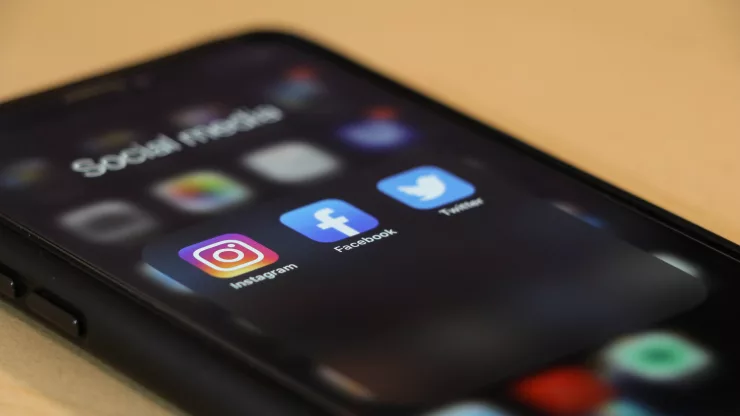The Importance of Social Connections
Humans are social beings, and social connections play a crucial role in our lives. Social connections refer to the relationships we have with others, including family, friends, colleagues, and acquaintances.
These relationships can have a significant impact on our happiness and well-being. Studies have shown that people with strong social connections are happier, healthier, and live longer than those who are socially isolated.
Jump to Section
The Benefits of Strong Social Connections
Having strong social connections has numerous benefits. Here are some of the ways in which social connections can improve our happiness and well-being:
- Social support: Social connections provide emotional and practical support during difficult times, such as illness, loss, or stress.
- Improved mental health: Social connections have been linked to lower rates of depression, anxiety, and other mental health problems.
- Increased sense of belonging: Social connections give us a sense of belonging and help us feel connected to our communities.
- Better physical health: Studies have shown that people with strong social connections have better physical health and are less likely to develop chronic diseases.
The Negative Impact of Social Isolation
Social isolation, on the other hand, can have a negative impact on our happiness and well-being. When we are socially isolated, we may experience loneliness, depression, and anxiety.
Social isolation has also been linked to a higher risk of developing chronic diseases, such as heart disease and diabetes.
Tips for Building and Maintaining Social Connections
If you want to improve your social connections, here are some tips you can follow:
- Join social groups: Joining social groups, such as clubs, sports teams, or volunteer organizations, can help you meet new people and build new relationships.
- Stay in touch with friends and family: Make an effort to stay in touch with friends and family members, even if it’s just a quick phone call or text message.
- Attend social events: Attend social events, such as parties, gatherings, or networking events, to meet new people and expand your social circle.
- Be a good listener: When interacting with others, be a good listener and show an interest in what they have to say.
- Practice empathy: Try to put yourself in others’ shoes and understand their perspective.
How Technology Can Help Improve Social Connections
Technology can also play a role in improving social connections. Here are some ways in which technology can help:
- Social media: Social media platforms, such as Facebook and Twitter, can help us stay connected with friends and family members who live far away.
- Online communities: Online communities, such as forums or chat rooms, can provide a sense of belonging and offer support during difficult times.
- Video calls: Video calls, such as those on Skype or Zoom, can help us stay connected with loved ones who live far away.
Conclusion: Cultivating Happiness Through Social Connections
In conclusion, social connections are a vital element of happiness and well-being.
Building and maintaining strong social connections can provide us with emotional and practical support, improve our mental and physical health, and give us a sense of belonging.
By following the tips outlined above and leveraging technology, we can cultivate happiness through social connections.
FAQ
What should I do if I feel socially isolated?
If you feel socially isolated, there are several things you can do. You can join social groups, attend social events, stay in touch with friends and family members, and practice empathy.
If you’re struggling with mental health issues, it’s important to seek professional help.
How can I use technology to improve my social connections?
You can use social media platforms, online communities, and video calls to improve your social connections. However, it’s important to use technology in moderation and ensure that it doesn’t replace face-to-face interactions.

With a deep passion for personal development, Ben has dedicated his career to inspiring and guiding others on their journey towards self-improvement.
His love for learning and sharing knowledge about personal growth strategies, mindfulness, and goal-setting principles has led him to create My Virtual Life Coach.
Contact Ben at [email protected] for assistance.




